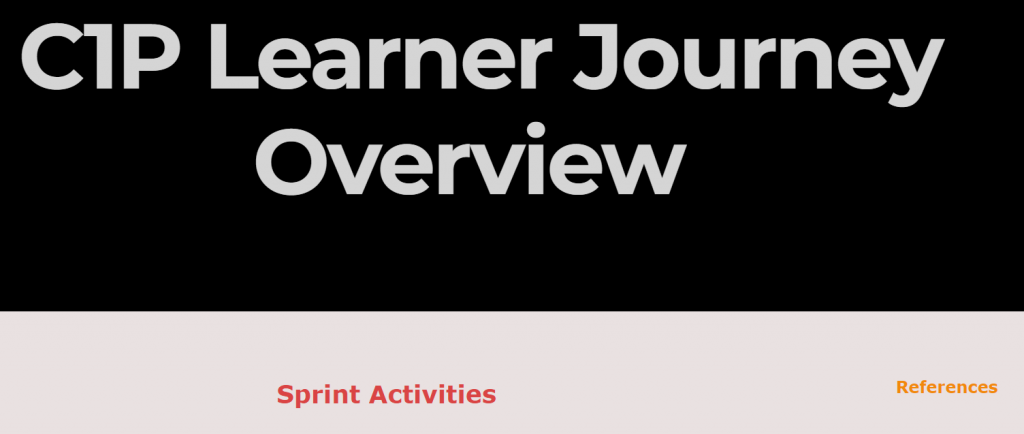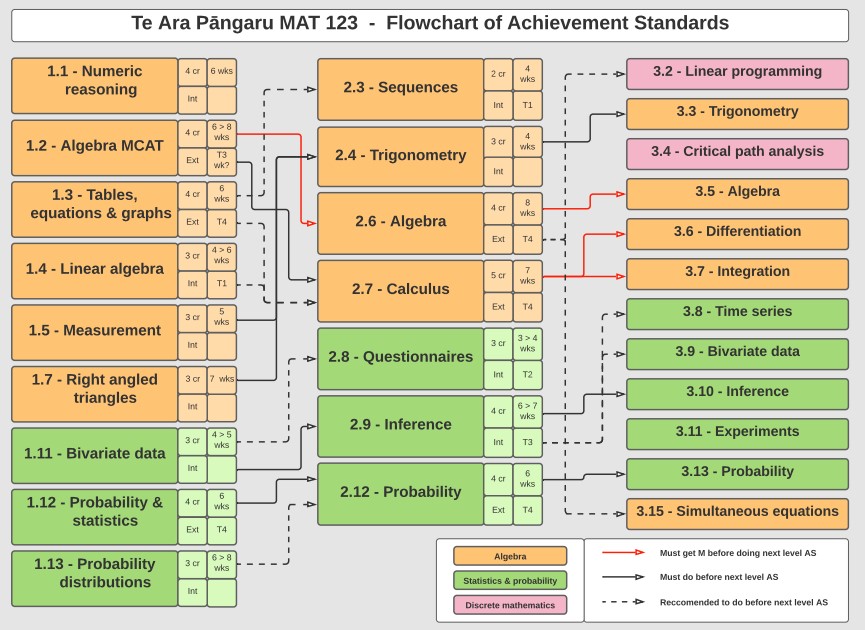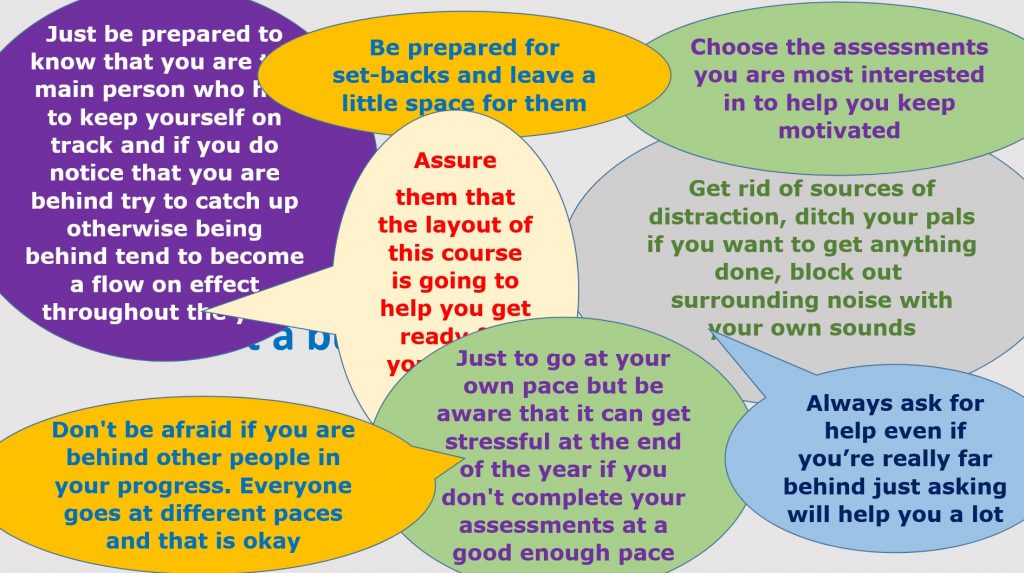Wellington High School

Wellington, New Zealand
An end of year discussion between two maths teachers showed that we were both concerned that our maths students were not engaging in our courses and were needing repeated teaching of basic skills year after year. This was pointing to shallow rote learning to pass a test rather than deep understanding of transferable skills. We were alarmed at the way it had become okay for people to say they could not do maths and that they were not maths people, and that our teaching was ignoring the key competencies in the New Zealand Curriculum, with their relevance to students’ futures and the skills needed for workplace success. We also considered the arbitrary process whereby age was translating to a specific school year level and a set assessment a level. For example, nowhere was it specified that a 15-year-old student must be in a year 11 class and study at NCEA Level 1 standard, although that had become the practice. We came to realise that few people, including teachers, fully understood the requirements of the Maths Achievement Standards.
We were convinced we could do better. We planned a new course to cover year 11 and 12 students and incorporated elements of flipped learning, student agency, design learning and growth mindset. We also determined that the programme should run within existing timetabling, funding, staffing and classrooms and should lead to the usual NCEA standards assessments. We ran a small trial with two teachers and then expanded it to all year 11 and 12 maths students with ten teachers involved. The programme later expanded to involve two schools with 19 teachers and around 1100 students participating. Please refer to the linked website for further details of the programme.


